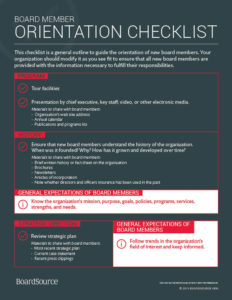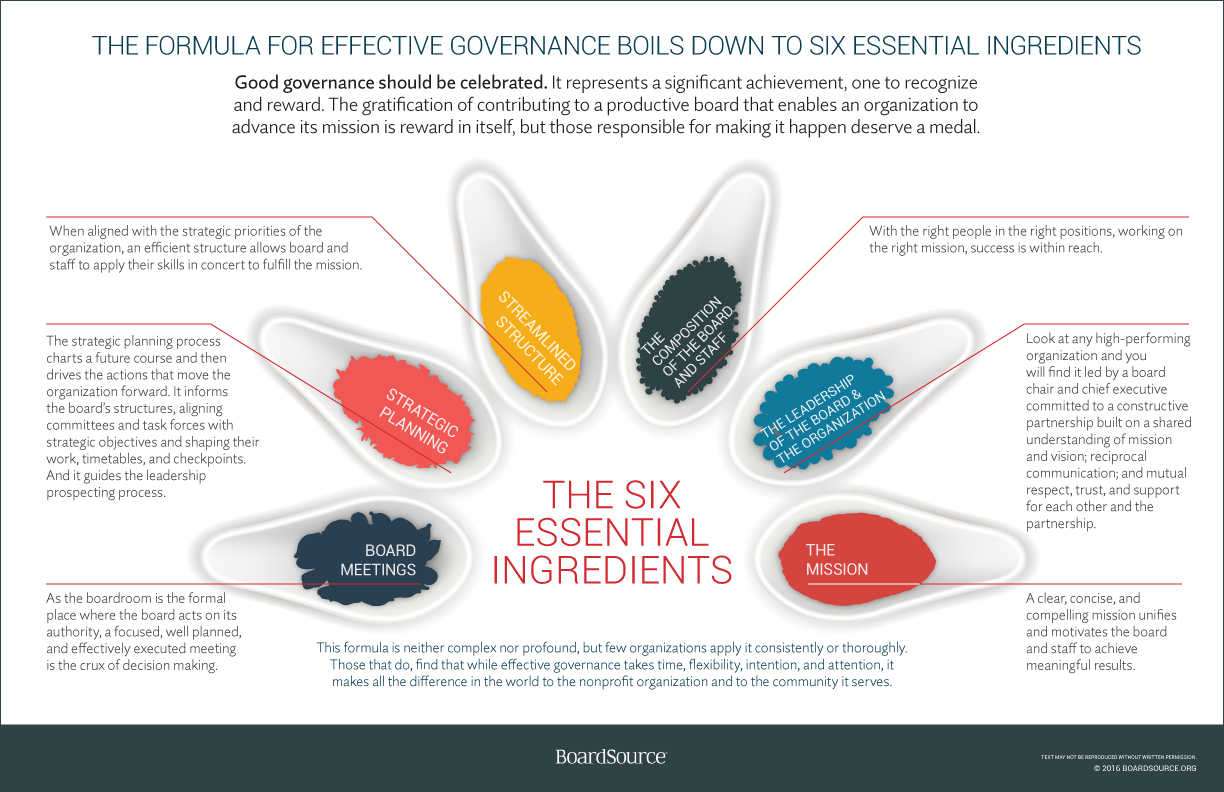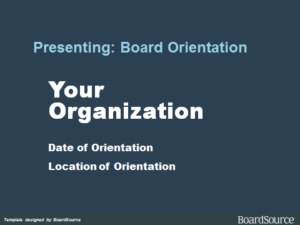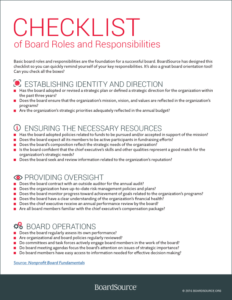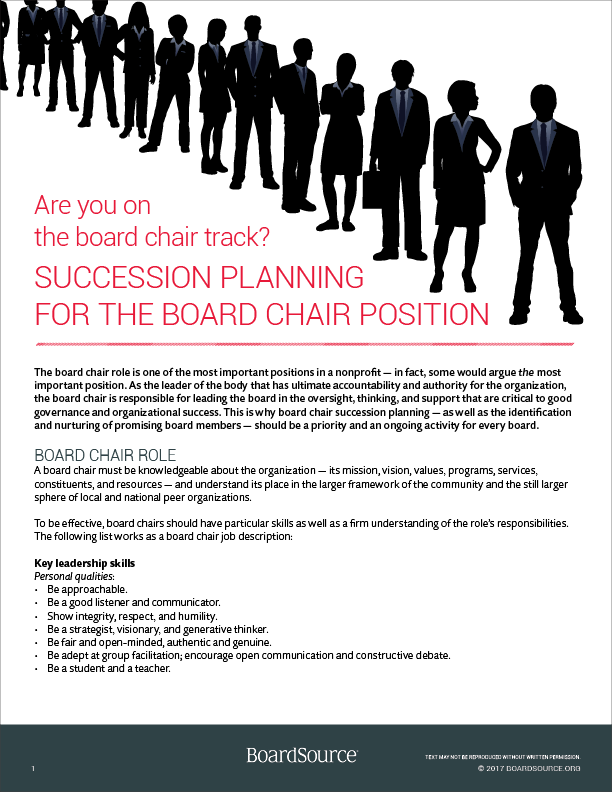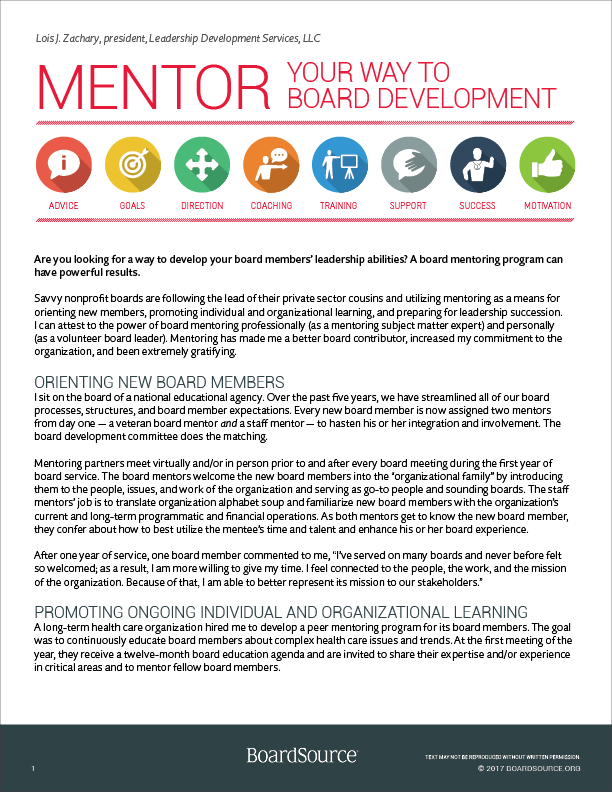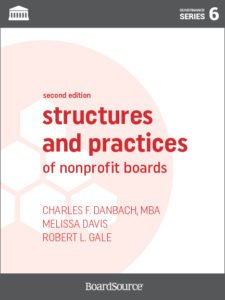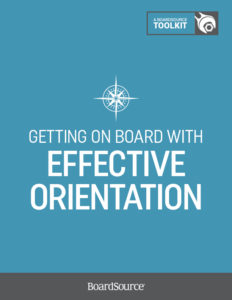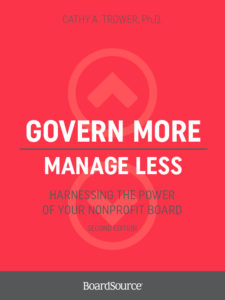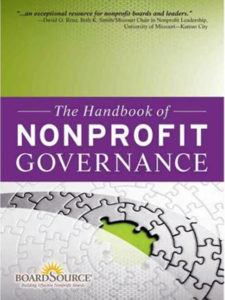Nonprofit Board Education and Orientation
Nonprofit board education should be an ongoing effort that builds on a practical, formal orientation program and is informed by regular board self-assessment.
Continuous — and collective — learning opportunities will help deepen your board members’ understanding of your organization, the environment in which your nonprofit operates, and their roles and responsibilities, which, in turn, will increase their effectiveness and value to your organization.
The Role of Nonprofit Education and Orientation
Unfortunately, board education is often overlooked and underused. According to Leading with Intent, 69 percent of organizations use written resources to educate board members while more interactive educational activities — such as trainings, seminars, and webinars — are far less common.
By investing time and resources in board education, you will be able to deepen your board members’ commitment to your organization, strengthen their understanding of their role, and cultivate a culture of ongoing board improvement. BoardSource recommends that all boards formalize a new member orientation process, build educational activities into board meetings, schedule retreats to explore complicated issues, and support ongoing learning by providing members with easy access to board leadership and governance information.
The following resources are designed to help you develop and implement effective orientation and board education activities. You’ll find further guidance — including information about our Certificate of Nonprofit Board Education program — in addition to other in-person and virtual educational offerings available throughout the year.
